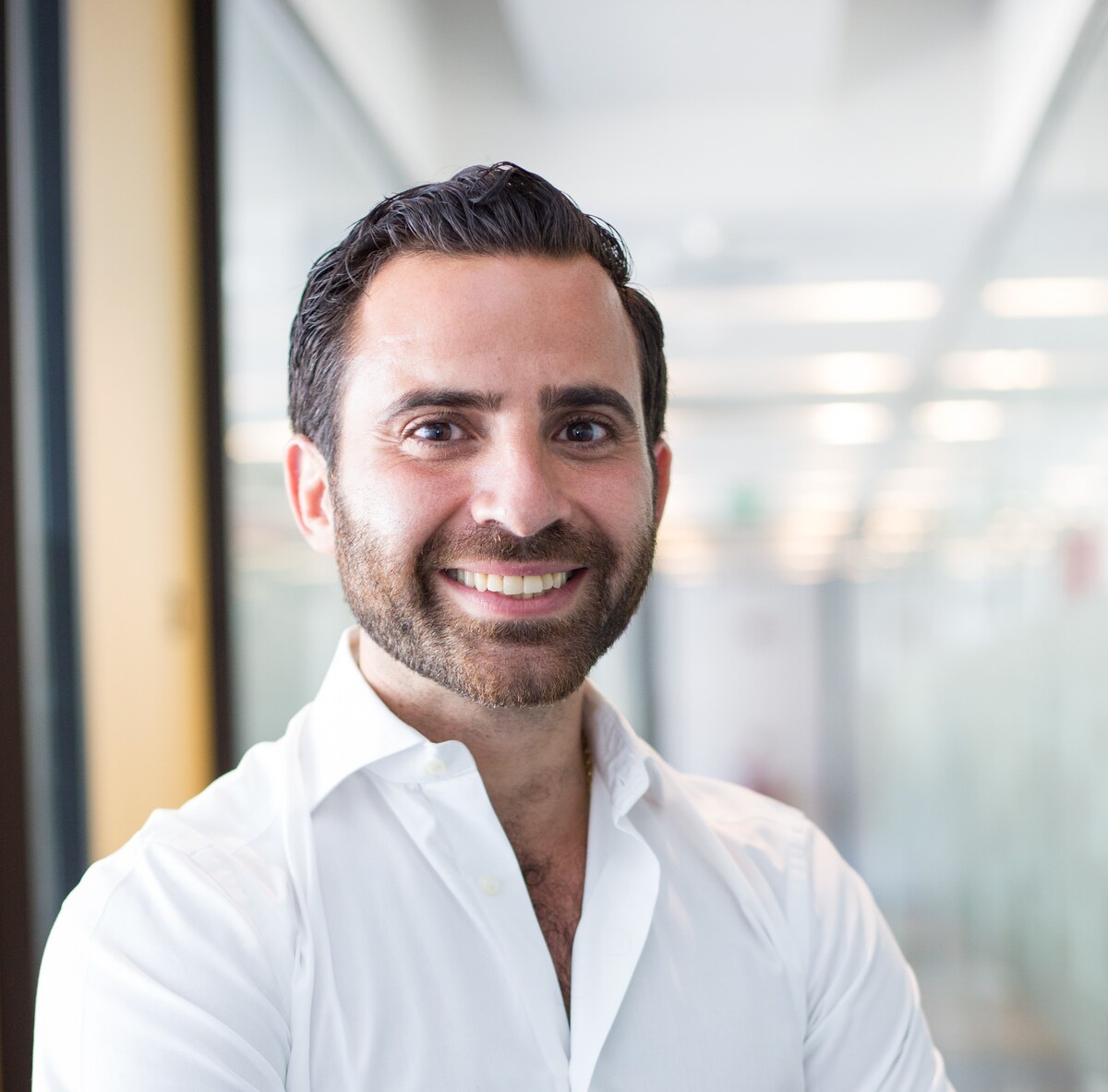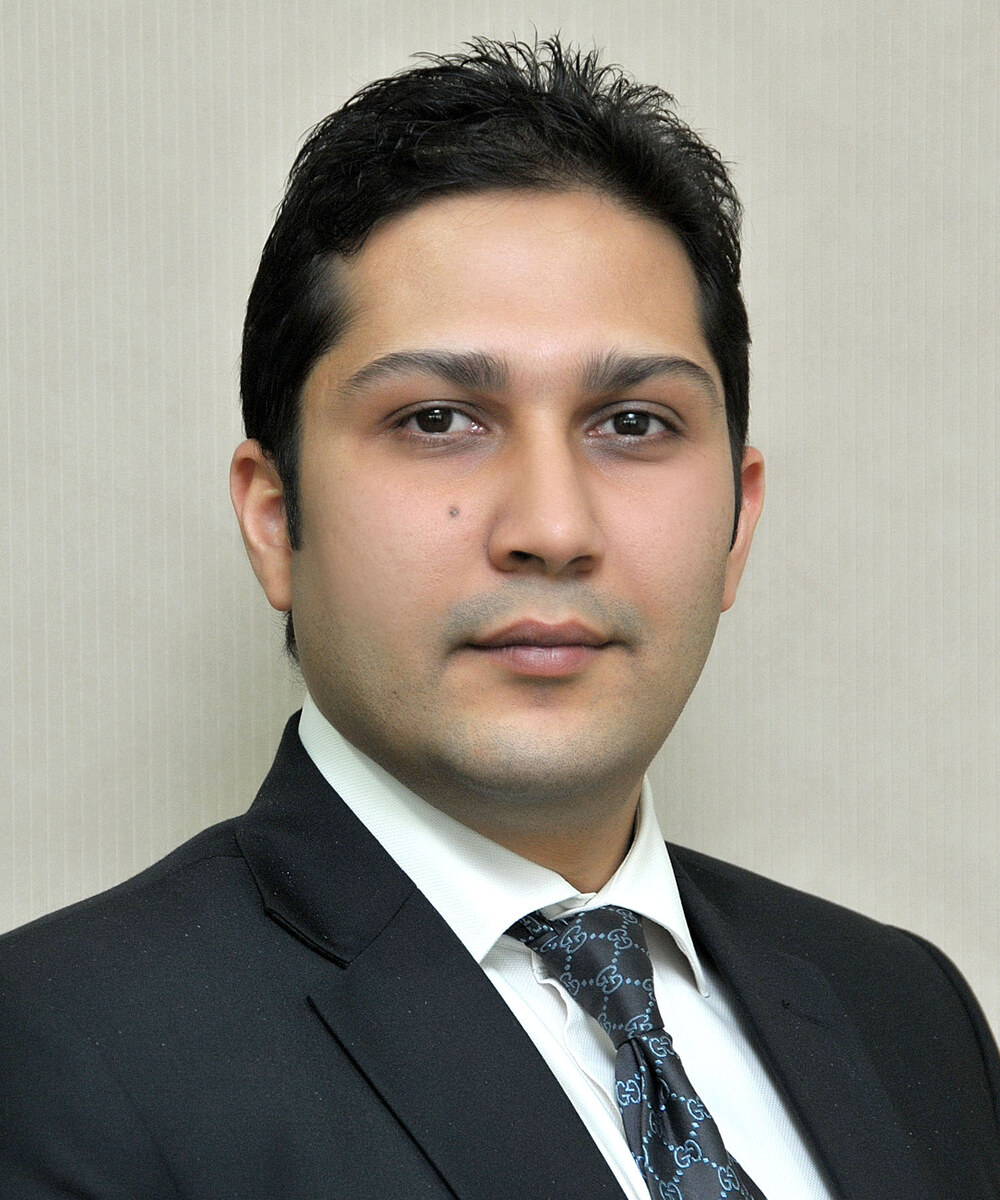RIYADH: After almost two years of rate hikes, the US Federal Reserve has slashed interest rates by half a percentage point to a range of 4.75-5 percent, but what does this mean for the startup and venture capital ecosystem?
The relationship between the US Federal Reserve and the global startup ecosystem is somewhat complicated.
Washington’s decisions on interest rates significantly influence the availability and cost of capital, which are crucial factors for startups and venture capital firms.
Lower interest rates generally make borrowing cheaper, potentially encouraging more investment into riskier asset classes, including startups.
Gulf Cooperation Council central banks followed suit in rate cuts, as their currencies are pegged to the US dollar.
Venture data analyst and founder of MAGNiTT, Philip Bahoshy, shares a nuanced perspective on the potential impact of rate cuts on the global and regional startup ecosystem.
In an interview with Arab News, Bahoshy said that the cut itself may not be the most significant, but rather, the potential trend expected to take place.
“To answer what impact will the cut have on VC investment, you need to understand why the Fed has taken this decision,” Bahoshy said.
“Ultimately, Jerome Powell (chair of the US Federal Reserve) says that the aim is to bring down or keep inflation steady while keeping moderate to low unemployment in the US,” he added.
“The signs are that we are trying to avoid a recession and/or an economic downturn in the US and that things are healthy, and therefore bringing down interest rates can help stimulate disposable income and people’s consumption,” the analyst said.
This, in turn, brings down the cost of capital, also known as the borrowing cost, which in turn makes VC a more attractive investment.
On the flip side, when interest rates are high, the implication of putting money in the bank or investing in less riskier options like real estate becomes the go-to for investors.
If an investor is earning 6 percent on a savings account, knowing that their money is secure, there’s little incentive to take on the uncertainty of investing in a startup, not knowing when or if they’ll get their money.
On the lending side, lower interest rates also make borrowing cheaper for startups.
Entrepreneurs, who are often very focused on maximizing every dollar, will appreciate the ability to borrow at lower costs which enables them to allocate more resources toward growing their businesses, rather than paying high interest costs.
Bahoshy has mentioned in previous reports that the decline in venture capital funding in the Middle East and North Africa region in the last couple of years has been, though not solely, due to high interest rates.

Venture data analyst and founder of MAGNiTT, Philip Bahoshy. Supplied
The MENA region saw a 34 percent year-on-year drop in funding in the first half of the year, compared to the same period last year.
In 2023, VC investments declined by 23 percent on an annual basis.
Interest rates and venture stakes
Bahoshy explained that the Fed’s last cut will not immediately impact VC investments, but the implication of continued rate reductions will.
“We anticipate that this will create a lower cost of capital for late-stage investors, more willingness for people to invest in other asset classes because fixed deposits become less attractive and, therefore, more investments going into venture in general,” Bahoshy said.
“My view is that the immediate impact will be somewhat limited. However, heading into 2025, if we continue to see rate cuts in the US, it will likely stimulate venture capital investments globally and in turn likely to return investor appetite for venture capital in the region. However, that’s likely not to impact Q4, more likely to impact 2025 positively,” he added.
Echoing Bahoshy’s prediction, Tushar Singhvi, deputy CEO of Crescent Enterprises and head of the firm's venture capital platform CE-Ventures, feels positive that more cuts are underway.
Speaking to Arab News, Singhvi said: “The Fed rate cut sets the trend for a series of rate cuts expected over the next few quarters – this will result in higher liquidity in general, and the venture asset class will also benefit from higher liquidity.”
Short-term projections
Bahoshy pointed out that there have already been signs of growth in the VC landscape in the US in the first half of the year, which will probably be reflected in the MENA region.
“We noted back in the H1 report that in the US, we believe that we were reaching an inflection point and that we saw for the first time two consecutive quarters of growth in venture capital deployment,” he said.
“I anticipate that Q3 will continue to be higher globally and within the region, which is what the trends show and this rate cut will continue to support a potentially higher Q4 globally than Q3,” he added.
Bahoshy tempers his predictions, stating that the increase will be “moderate”, and not reaching 2021-2022 levels.
When it comes to startup strategies, the rate cut should hardly affect valuations or funding strategies, Singhvi said.
“Startups should continue to be as capital efficient as possible and focus on growth and profitability – and their funding strategies should be devised around that,” he added.
VC’s will most likely maintain their plan of action. Singhvi stated that the rate cut will not immediately change the focus areas of VCs in the region.
“VCs will continue to pursue startups which are building transformational businesses within high growth sectors and leveraging technology to build innovative and sustainable businesses,” he added.
Bahoshy also feels the same way. “I don’t think that a change in interest rates is going to impact sectorial shifts,” he said.
He highlighted that an even bigger concern exists within the startup ecosystem across the Middle East and North Africa.
“The biggest challenge for the region remains exits, liquidity and return on investments back to investors, which means that they have shown the success of their investment strategy and paid off their LPs (limited partners), increases risk appetite to raise new funds and to go into less traditional sectors,” Bahoshy said.
Singhvi adds that the increase of liquidity due to reduced rate cuts over time will definitely fuel exits in the region.
“There will be a positive impact of the rate cuts over time on exit strategies for VC backed companies as M&A (mergers and acquisition) activity will pick up and tech IPOs (initial public offerings) will also gain more momentum due to higher liquidity,” he added.

Tushar Singhvi, deputy CEO of Crescent Enterprises and head of the firm's venture capital platform CE-Ventures. Supplied
The geographical impact
When asked about whether the anticipated investment growth will be across the entire MENA region, Bahoshy said that the effects of the rate cuts might be more regionally dispersed rather than concentrated in key markets like Saudi Arabia and the UAE.
“When you look at the sovereign entities, whether it be Saudi Arabia, UAE, and Qatar, what’s more interesting to track is how does interest rate impact oil prices or natural assets that have been beneficial to the sovereign entities,” Bahoshy said.
He questioned whether this would “stimulate oil prices to increase because consumption has increased, or will this lead to a further reduction in the oil prices which have been a big stimulus to investment and wider growth of the economy and venture capital.”
Bahoshy added: “I don’t think that has necessarily a geographical specific impetus here in the region. In fact, many of the economies like the UAE and Saudi Arabia have performed better as a result of government focus and their ability to deploy capital during a time where other geographies haven’t.”
He went on to say that while the interest rate cut may be beneficial, there was a question over how it will impact oil and natural resource prices.
Late-stage startups, get ready
In the first half of the year, early-stage investments were the primary focus, with almost 75 percent of deals flowing in that direction.
Bahoshy explained that this trend could start to change in the next 12 months if interest rates continue to go down.
“However, I don’t think that this specific rate cut is going to stimulate that, but if we continue to see rate cuts to year end and into H1 2025, we may see a return of later stage investment while it’s healthy for early-stage investment to continue to grow,” he said.

























